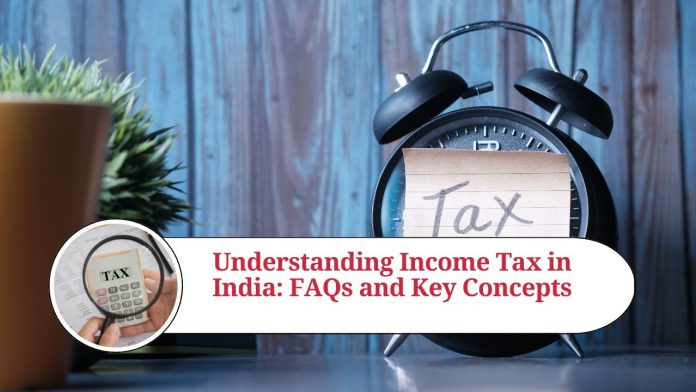Section 10B of the Income Tax Act is a provision that is applicable to companies engaged in the business of developing and maintaining industrial parks. It provides for a tax exemption on the profits and gains derived from such activities.
Industrial parks are designated areas that provide infrastructure and other facilities to support the growth and development of industries. These parks are typically developed by private companies, and the facilities provided can include things like roads, water supply, electricity, waste management, and security services.
The purpose of section 10B is to encourage the development of industrial parks in India by providing tax incentives to the companies engaged in this activity. Here are some of the key features of the provision:
- Applicability: The tax exemption under section 10B is available to companies engaged in the business of developing, operating, and maintaining industrial parks.
- Period of exemption: The exemption is available for a period of 15 consecutive years, starting from the year in which the industrial park begins operations.
- Conditions for claiming exemption: To claim the exemption, the company must satisfy certain conditions, including:
- The industrial park must be notified by the Central Government as a ‘notified industrial park’.
- The company must maintain separate books of account for the industrial park.
- The company must file a return of income for each assessment year, declaring its income and claiming the exemption.
- Computation of exemption: The amount of exemption is equal to 100% of the profits and gains derived from the business of developing, operating, and maintaining the industrial park.
- Consequence of non-compliance: If the company fails to comply with any of the conditions for claiming the exemption, the exemption will not be available for that assessment year and subsequent years.
Conclusion
In conclusion, section 10B of the Income Tax Act provides a significant tax incentive to companies engaged in the business of developing and maintaining industrial parks. By exempting the profits and gains derived from this activity for a period of 15 years, the provision encourages investment in the development of infrastructure and facilities that support the growth of industries.
Other Related Blogs: Section 144B Income Tax Act
Frequently Asked Questions (FAQs)
Q. What is the Income Tax Act?
The Income Tax Act is a law that governs the taxation of income in India. It provides the legal framework for the levy, collection, and administration of income tax in the country.
Q. Who is liable to pay income tax?
Any individual, Hindu Undivided Family (HUF), company, firm, association of persons (AOP), or body of individuals (BOI) who earns income in India is liable to pay income tax.
Q. What is the due date for filing income tax returns?
The due date for filing income tax returns in India is usually July 31st of the assessment year for individuals and September 30th of the assessment year for companies.
Q.What is the penalty for not filing income tax returns on time?
If an individual or company fails to file income tax returns on time, they may be subject to a penalty of up to Rs. 10,000 under Section 234F of the Income Tax Act.
Q. What is TDS (Tax Deducted at Source)?
TDS (Tax Deducted at Source) is a system of deducting tax at the source of income itself. It is deducted by the payer and remitted to the government on behalf of the payee.
Q. Can I claim a tax refund if I have paid excess tax?
Yes, if you have paid excess tax, you can claim a tax refund by filing your income tax returns. The excess tax paid will be refunded to you by the Income Tax Department.
Q. What is Section 80C of the Income Tax Act?
Section 80C of the Income Tax Act provides deductions from taxable income for certain investments and expenses, such as investments in Public Provident Fund (PPF), National Savings Certificate (NSC), Equity Linked Saving Scheme (ELSS), and payment of life insurance premiums.
Q. What is a tax audit?
A tax audit is an audit of the accounts and financial statements of a taxpayer to ensure compliance with the provisions of the Income Tax Act. Tax audits are usually conducted by chartered accountants appointed by the taxpayer or by the Income Tax Department.
Q. What is the penalty for tax evasion?
Tax evasion is a serious offence and can attract penalties ranging from 50% to 200% of the tax evaded, depending on the nature and extent of the evasion.
Q. What is the tax rate for long-term capital gains?
The tax rate for long-term capital gains on equity shares and equity mutual funds is 10% (plus surcharge and cess) if the gains exceed Rs. 1 lakh. For other assets, the tax rate is 20% (plus surcharge and cess).




















